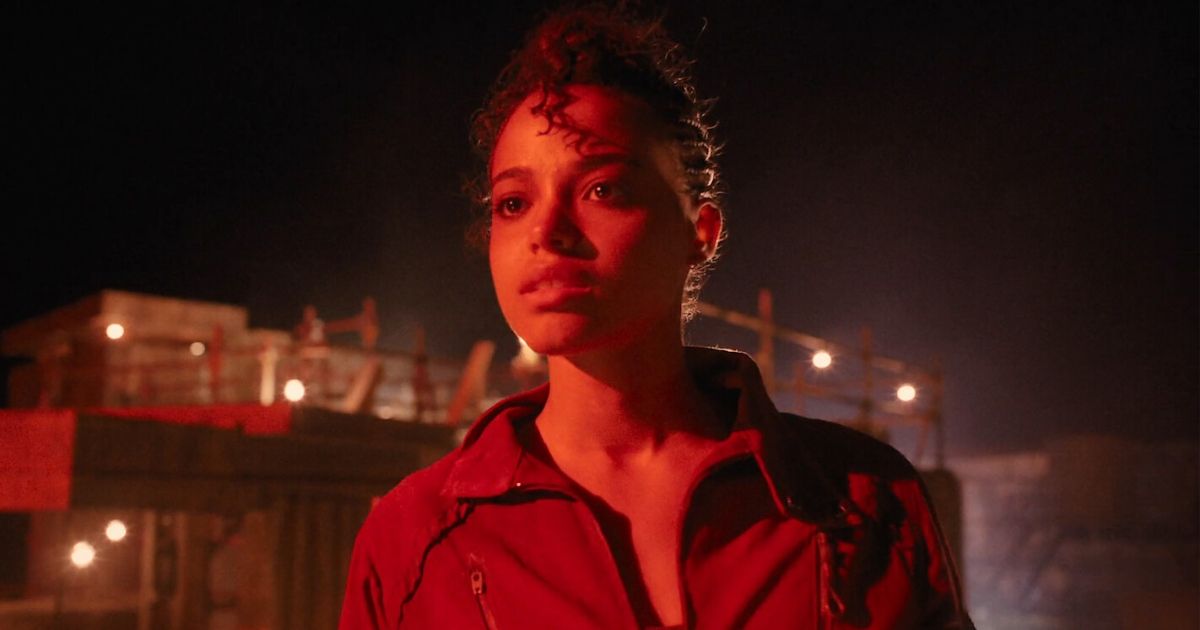Resident Evil’s residency at Netflix has come to an end after just one season despite writer Andrew Dabb seeming to be confident that the series would continue and even teasing characters and storylines that would be explored in season two. Although the new series based on the popular survival horror video game franchise was one of the best-rated adaptations in the Resident Evil franchise, the show still didn’t create the kind of buzz that would have convinced Netflix to take a punt on another season and will not be returning for a second season according to Deadline.
Netflix’s Resident Evil created a brand new storyline, which takes place in two different time periods and features plenty of Easter eggs and familiar creatures but ultimately didn’t deliver something that felt like a Resident Evil property. Just like the recent Welcome To Raccoon City, and many of the previous Resident Evil movies, Netflix’s TV series just couldn’t capture what has made the game franchise one of the most-loved survival horror properties of the last 25 years, which ultimately led to its cancelation.
The series’ main issue came with its cost vs viewing results, something that Netflix have been using as their base requirement for renewals in the last year. Resident Evil debuted at number 2 on Netflix’s most viewed chart, coming out in July while Stranger Things Season 4 was still riding high at number 1. Within three weeks the show had dropped out of the Top Ten without putting up much of a fight. Adding this to the dismal audience score of 27% on Rotten Tomatoes, with critics being more lenient with 55% approval rate, there really is no surprise that Netflix have cut the cord on this latest iteration of the franchise.
Resident Evil’s Writer Had High Hopes For Multiple Seasons
Andrew Dabb seemed to have a long run planned for Resident Evil and will no doubt be disappointed that his future plans will now not get their chance to play out. He previously teased much more to come from the series if it had been allowed to continue, including new characters and more connections to the video games. He said:
"The truth of the matter is that we have an ending. And we can progress fast or slow toward that ending. Obviously, the longer we're on the air, the more stuff fun stuff we can do, and the more things we can bring in. But yeah, I think you have to start this not with an ending carved in stone, because you have to discover ideas along the way. But with an idea of where you're going with the characters. Not so much with like, you know, what is that liquor number seven gonna be in five years, you know what I mean? But where are these girls gonna be? Where's Wesker going to be? How did these things work? And you'll see nods to that, particularly in the future storyline with little hints of things that will happen in the a storyline that are kind of leading into the Z storyline, which is the future storyline.”
In hindsight, perhaps Resident Evil attempted to be too clever and inventive with its twisting dual storyline instead of sticking with what gamers love about the franchise. Add in dubious scripting, and a number of scenes that were widely mocked for being cringeworthy on social media, and the likelihood of Resident Evil being given a second chance was always pretty slim.


.jpg)